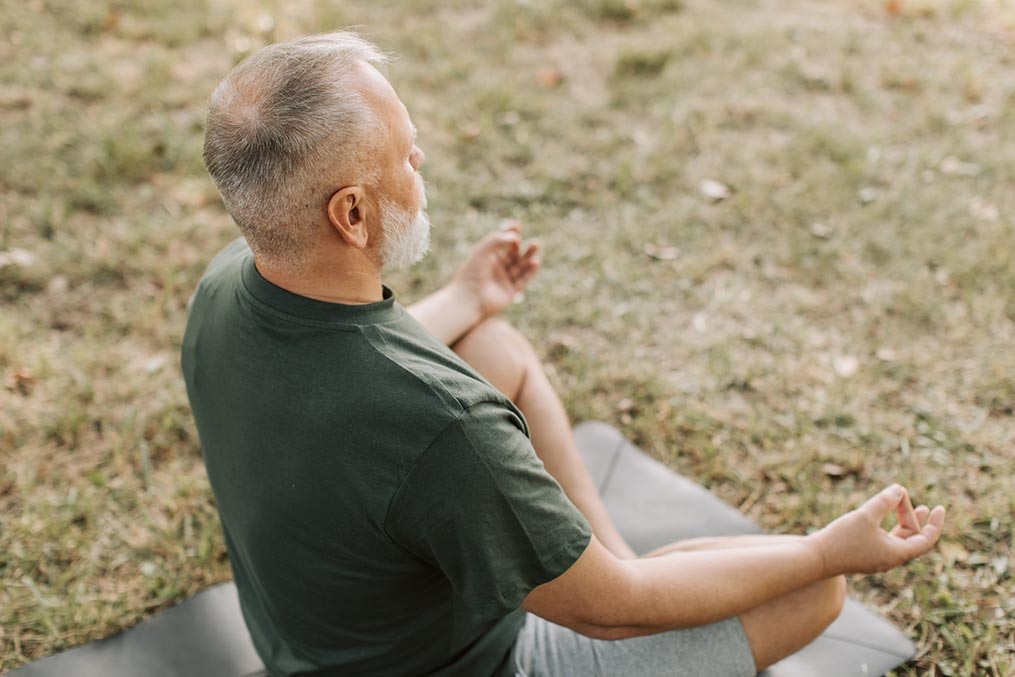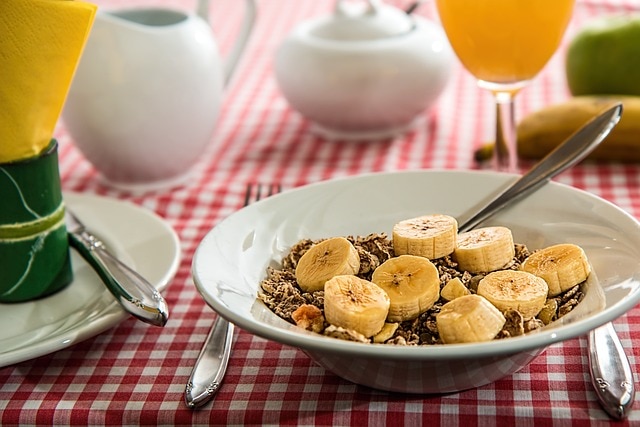The Mental Benefits of Exercise
We already know that exercise is good for us but it can also help improve our mood, help with anxiety, stress and depression and also improve our sleep patterns.
Sure, exercise will help in everyday activities such as climbing the stairs or doing jobs around the home because it improves our aerobic capacity, general mobility and strength. It can also help with weight-loss, builds and tones our muscles, helps improve blood pressure and reduces the risk of diabetes, all of which can potentially add years to our life expectancy.
But probably the real reason we exercise is because it gives us that feeling of well-being, we just feel good, we seem to have more energy, we sleep better, we’re mentally more switched on and just generally feel more relaxed and positive. Research has indicated that even modest amounts of exercise can make a real difference and it’s never too late to start; no matter your age or fitness level, starting to exercise will change your outlook and help you get more out of life.
Since the body and mind are so closely linked, when your body feels better so, too, will your mind and here are a few of the areas that benefit:

Combat Stress
When our bodies are feeling the effects of stress then our muscles can feel tense, especially in the neck and shoulders, which can very easily lead to pain and sometimes headaches. You can also feel a quicker heart rate and tightness in your chest. Stress can also cause insomnia, even stomach problems. Then because we worry about the symptoms this can cause even more stress, but exercising is the effective way to break this cycle. The physical activity means you’re not only using your muscles and pumping blood around your body including the brain, but it also relaxes the muscles and relieves tension in the body.
Improve your mood
Exercise has been proved to boost your mood which therefore decreases the symptoms of both depression and anxiety. Exercise also boosts your endorphin levels which give you that “feel good” factor that naturally lifts your mood.
Increase your self-esteem and self-confidence
The knock-on effect of exercise can also result in changes in your body shape, weight-loss and improved muscle tone. All of this can add up to a real boost of your self-esteem and the confidence that comes with it. You’ll just feel better, whether is doing some gardening or climbing a hill. It’ll take less effort, you won’t feel winded, and your clothes won’t feel as snug as before. Your new fitness will just boost your body, mind, and spirit.
Better sleep
Although exercise fatigues the body, another excellent benefit is that it creates a calming effect on the mind. Because of this effect, your body and mind are more relaxed and ready for natural sleep, so those disturbed nights should be a thing of the past. This can change however if you exercise too close to bedtime or if you over-train, and conversely this can cause some insomnia.
Brain boost
Studies have shown that cardiovascular exercise not only creates new brain cells but also helps slow down or prevent cognitive decline and memory loss. People find that when they exercise, they are mentally sharper, have more mental energy and more creative.
So physical activity and exercise can:
-
generally help you to feel better
-
reduce the risk of high blood pressure, heart disease, obesity, diabetes and dementia
-
help you recover from other illnesses and conditions
-
help you be more mobile, lose weight and tone your body which is great for overall health and also improve your mood, confidence and self-esteem
-
have a good exercise routine with a healthy diet will help boost your motivation and energy.
There are just no down-sides to including exercise as part of your life!
So why not get moving!
Keith Anderson
Full Potential

Being Brave Enough To Take On A New Challenge
“The man who moves a mountain begins by carrying away small stones” ~ Confucius
Take a look
Eating After a Run: Our Guide to Marathon Eating
Knowing what to eat before, during and after a marathon can be difficult. But don't worry, we've put together a guide on marathon nutrition - take a look!
Take a look
Running in The Rain & Other Weather Conditions: Our Guide
The British weather doesn't need to stop your running schedule. With some adjustments, you can stay on track. See more on running in the rain & more.
Take a look
Marathon Motivation: Running your best London Marathon
Running a marathon is not an easy sport, and staying motivated before race day can be a challenge. Read more about marathon motivation here.
Take a look
How to Perfectly Execute your Long Run: 4 Top Tips
Knowing how to perfectly execute a long run can take some practice. Lucky for you, we have some tips and tricks to help you physically and mentally!
Take a look
How to Avoid and Prevent Injury Whilst You Run
Knowing when and how to prevent an injury whilst running and exercising is important for your training consistency. Find out all you need to know here.
Take a look
How to Add Recovery Runs to Your Routine
Repetitive movements and exercise can have an impact on your body. Recovery runs can help our endurance by making our bodies stronger. Find out how to do this.
Take a look
How Interval Training Improves Your Running Pace
If you’re looking to improve your pace, interval training running can help! Find out how interval training improves your pace with Buxton®.
Take a look
Calculate Your Running Pace
If you’re taking part in a big run or are just trying to increase your pace, you’ll need to calculate running pace. Calculate your running pace now.
Take a look